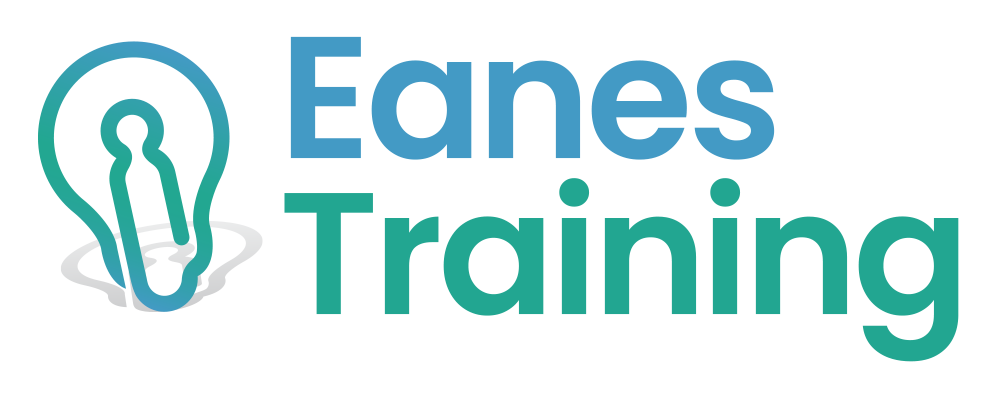Specialized Training with Assessments
Empower your team with our specialized, assessment-based training and coaching services. By leveraging in-depth evaluations and customized strategies, we help organizations enhance staff performance, build leadership capabilities, and achieve sustainable growth. Tailored to meet your unique needs, our programs deliver measurable results that drive success.
Courses by Assessment Type
CliftonStrengths by Gallup
CliftonStrengths is a strengths-based assessment designed to help individuals and teams identify their top talents. By focusing on 34 distinct themes, it provides insights into how people naturally think, feel, and behave. This approach empowers individuals to leverage their strengths, improve teamwork, and achieve greater success.
Everything DiSC®
DiSC is a personality assessment tool that helps individuals and teams understand communication styles, work preferences, and behaviors. Based on four primary traits—Dominance, Influence, Steadiness, and Conscientiousness—DiSC provides valuable insights to improve collaboration, strengthen relationships, and enhance workplace effectiveness.
Emotional Intelligence (EQi 2.0)
The EQ-i 2.0 is an emotional intelligence assessment that measures key skills like self-awareness, empathy, and stress management. It provides insights into how individuals perceive and express emotions, maintain relationships, and make decisions. This helps improve personal effectiveness and team dynamics.
Five Behaviors of a Cohesive Team®
The Five Behaviors of a Cohesive Team assessment helps teams build trust, navigate conflict, and achieve better results. Based on Patrick Lencioni's model, it measures teamwork across five key areas: trust, conflict, commitment, accountability, and results. This fosters collaboration and drives team success.
Thomas-Kilman's Conflict Mode Instrument
The Thomas-Kilmann Conflict Mode Instrument (TKI) assesses how individuals handle conflict by measuring five key styles: competing, collaborating, compromising, avoiding, and accommodating. It helps improve conflict resolution skills, fostering stronger relationships and more effective teamwork.
